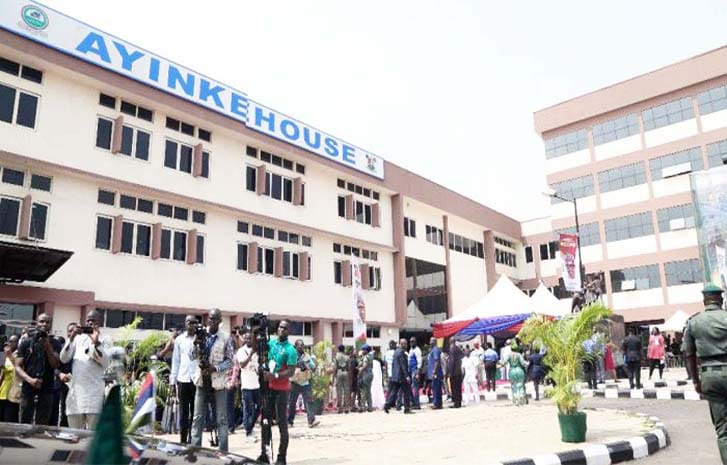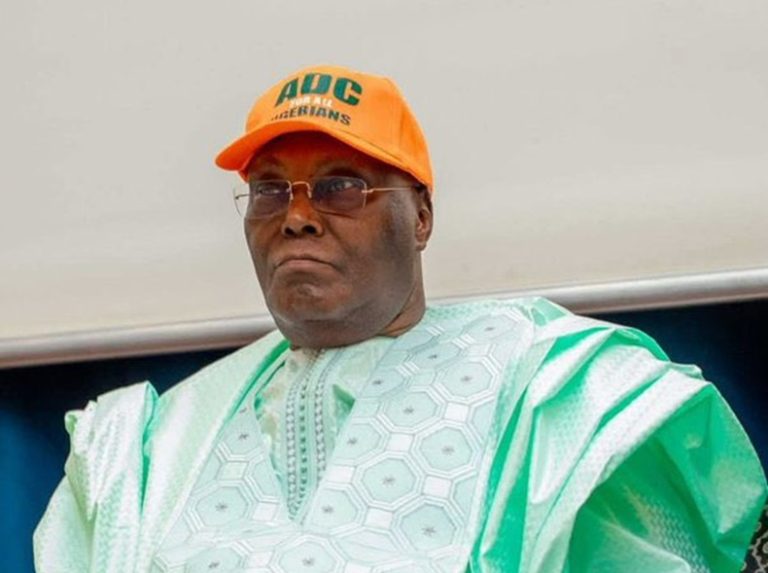Healthcare services across Lagos State came to a standstill on Monday as doctors under the Medical Guild began a three-day warning strike, protesting unresolved salary disputes and what they described as unjust treatment by the Lagos State Government.
The Medical Guild, which represents doctors employed by the state government, announced the industrial action through its official 𝕏 (formerly Twitter) account. The strike directive ordered members to withdraw from all medical duties between July 29 and July 31, citing “illegal and disrespectful” deductions from July salaries and the government’s failure to pay 12 months’ arrears owed to honorary consultants under the Consolidated Medical Salary Structure (CONMESS).
As a result, public hospitals and healthcare centers operated by the state have largely suspended clinical activities, leaving patients stranded and services disrupted. Journalists who visited some of the affected facilities reported widespread shutdowns and visibly deserted wards.
At the Lagos State University Teaching Hospital (LASUTH) in Ikeja, reporters observed that red ribbons were tied across multiple department entrances, signaling restricted access and non-operational wards. Hospital staff confirmed that most services were halted, and only skeleton administrative work was ongoing.
A similar situation was recorded at Randle General Hospital in Surulere. Although administrative units remained open, all clinical services, including consultations, tests, and surgeries, were suspended for the day. Many patients who had scheduled procedures were turned away.
One affected resident, Sunday Egbe, shared his experience with journalists after being forced to postpone his son’s surgery due to the strike. “I was asked to take my son home. There are no doctors available,” he said, expressing frustration over the disruption of vital healthcare services.
The Medical Guild’s leadership had not responded to media inquiries as of press time. Attempts to reach Dr. Moruf Abdulsalam, the chairman of the Guild, were unsuccessful. However, in its public announcement, the association warned that any member who failed to comply with the strike directive would face disciplinary action, underscoring the seriousness of the protest.
The Lagos State Ministry of Health acknowledged the situation in an official statement and appealed to the Medical Guild to resume talks. “We recognise the importance of our healthcare professionals and are committed to resolving the issues at hand. We urge the Guild to return to the negotiating table for the sake of the public,” the ministry stated.
The strike has sparked anxiety among Lagos residents, many of whom now face uncertainty regarding access to medical care. Those in need of emergency treatment or managing ongoing health conditions are especially affected, with no clear indication yet of whether the state government will act swiftly to meet the doctors’ demands.
Beyond immediate healthcare access concerns, the strike has also reignited longstanding grievances among medical professionals about working conditions, delayed entitlements, and systemic inefficiencies in Nigeria’s public health sector. The salary deductions cited by the doctors remain a point of contention, with no official explanation from government authorities regarding the basis or legality of the reported cuts.
Honorary consultants, who provide specialized services to public hospitals, are among the most impacted by the delayed payments. Under the CONMESS scheme, these consultants are entitled to structured salary benefits, but the doctors say these have not been paid for over a year.
The current impasse is the latest in a series of disputes between the Lagos State Government and its medical workforce. In the past, similar actions have disrupted services at key hospitals, prompting renewed calls for institutional reforms and improved government-labor relations in the health sector.
While the strike is presently scheduled to last three days, there are growing fears that it could escalate into a longer industrial action if meaningful resolutions are not reached quickly. For now, thousands of patients across Lagos will have to contend with interrupted access to care as doctors await a satisfactory response from the authorities.





